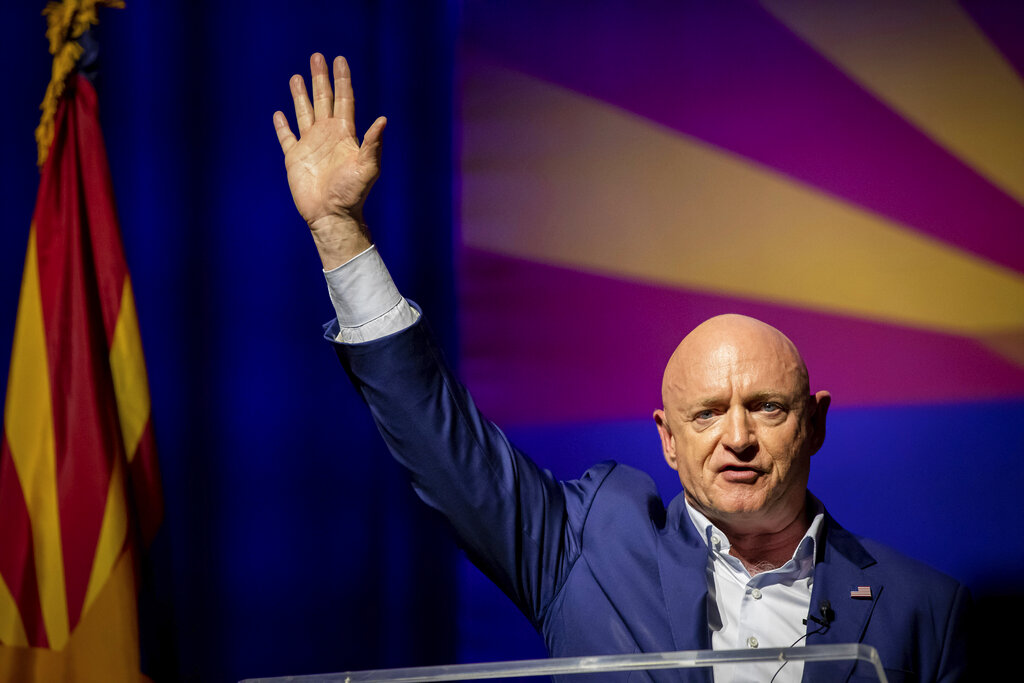
(GA Recorder) — Georgians will be able to voice their concerns about Georgia Power’s plans to raise electricity rates by 12% during a series of hearings beginning later this month before a final vote in December.
The Georgia Public Service Commission has adopted new procedures that allow each person to speak for up to three minutes during the first hour of each hearing day, but after the time runs out, people who wish to speak must return another day and anyone not directly involved in the case will be asked to leave the meeting room. Various energy policy, environmental and consumer watchdog groups have accused the commission and Georgia Power of trying to limit public participation on serious matters that affect how much people pay for utilities.

An environmental justice activist zip-tied their wrist to a hearing room door earlier this year to protest the commission’s plan to block the public from attending a vote on Georgia Power’s long-term energy plan, citing the pandemic.
There were a couple dozen people who applied to intervene after an initial scheduling order appeared to limit public involvement. As official intervenors, they could provide expert testimony as well as ask questions of witnesses, including Georgia Power executives and management, utility analysts, and consultants. This is a higher level of involvement than submitting a public comment.
Hearings on the rate case will take place from Sept. 27-29, then resume in November before the final hearing is scheduled for Dec. 15. The rule says that no public comments will be taken during administrative sessions.
The five-member board is set to vote on Dec. 20 on Georgia Power’s request to add $16.29 to the average residential customer’s bill, or about $200 annually, over the next three years, starting in 2023 with a $14.32 hike.
Commission Chairwoman Tricia Pridemore said the general public still has the opportunity to weigh in at commission hearings and that public comments can also be given orally at the end of regular committee meetings. Written comments can also be submitted to the commission’s website at https://psc.ga.gov/public-comments/.
“The Georgia Public Service Commission is a quasi-judicial, quasi-legislative agency,” Pridemore said. “We make our hearings open to the public. We also have video so people can watch it if the hearing room is full.
“They can talk to us about anything related to utilities,” Pridemore said. “They can talk to us about the color of the sky. They can’t cuss at us and they can’t wear a costume. Those are the only rules.”
There will likely be at least seven hearing days throughout the rate case for people who want to speak their mind and commission meetings are also streamed online, Pridemore said.
“We’re limited in space. It’s first come first serve,” she said. “We have a signup sheet for public witnesses so we do it in order of who gets here first and we’ve got an open facility for them.
On Thursday, commissioners informed 25 applicants seeking to become officially involved in the rate case that they would have to choose to consolidate with another intervenor, Georgia Conservation Voters, or give their own testimony through public comments.
At Thursday’s hearing, some applicants said they were willing to work with the conservation group, while others said they wanted to be official parties to a proceeding that will affect people’s ability to do business and pay their bills.
The vote came after Georgia Power and the PSC’s public interest advocacy staff claimed that adding 25 more intervenors would clog up proceedings for complex matters and argued that working under the umbrella of a single environmental advocacy organization would allow members of the public to pool their resources.
“It’s a much more complicated process and doesn’t offer any opportunity to speak freely like a public witness,” PSC attorney Preston Thomas said.
Deborah Opie, a senior organizer with Georgia Conservation Voters, said the organization helped the people complete their applications, but that their individual concerns and challenges shouldn’t be grouped together.
She criticized Georgia Power and the PSC staff for not wanting the average person to have the same access as intervenors, “yet they’re asking for a $2.8 billion increase from the same people they want to silence.”
Georgia Power attorney Brandon Marzo said Thursday that the company is open to hearing from its 2.7 million customers and has been listening to their concerns over the last year.
With the new plan, Georgia Power argues the rate hikes are needed to improve its electrical grid and provide more clean and reliable forms of energy.
The proposed increase does not include the tab for the company’s troubled and over-budget $34 billion Plant Vogtle nuclear expansion project that is supposed to be online in 2022. Additionally, Georgia Power customers are paying for the closure of coal-fired power plants and coal ash cleanup, estimated to eventually cost $9 billion.






